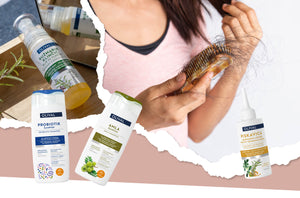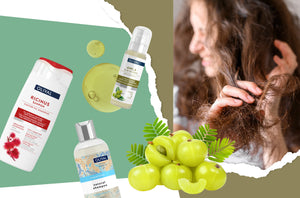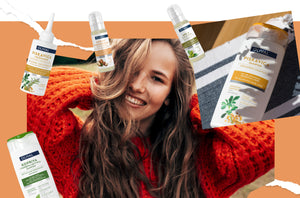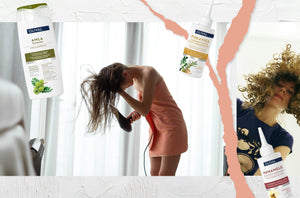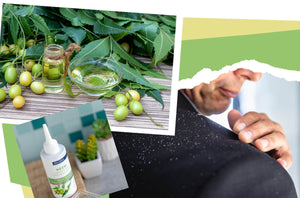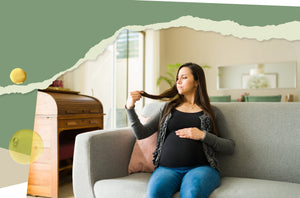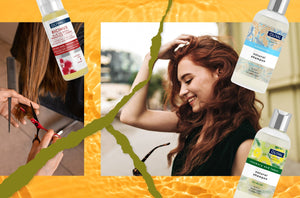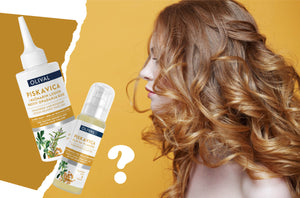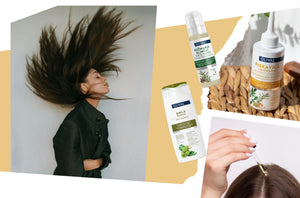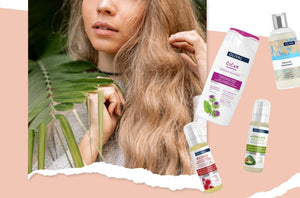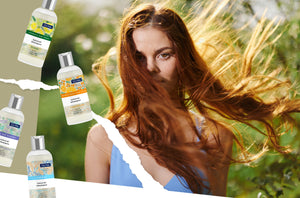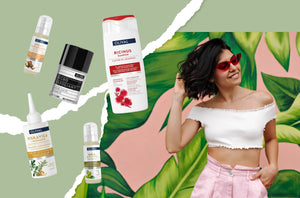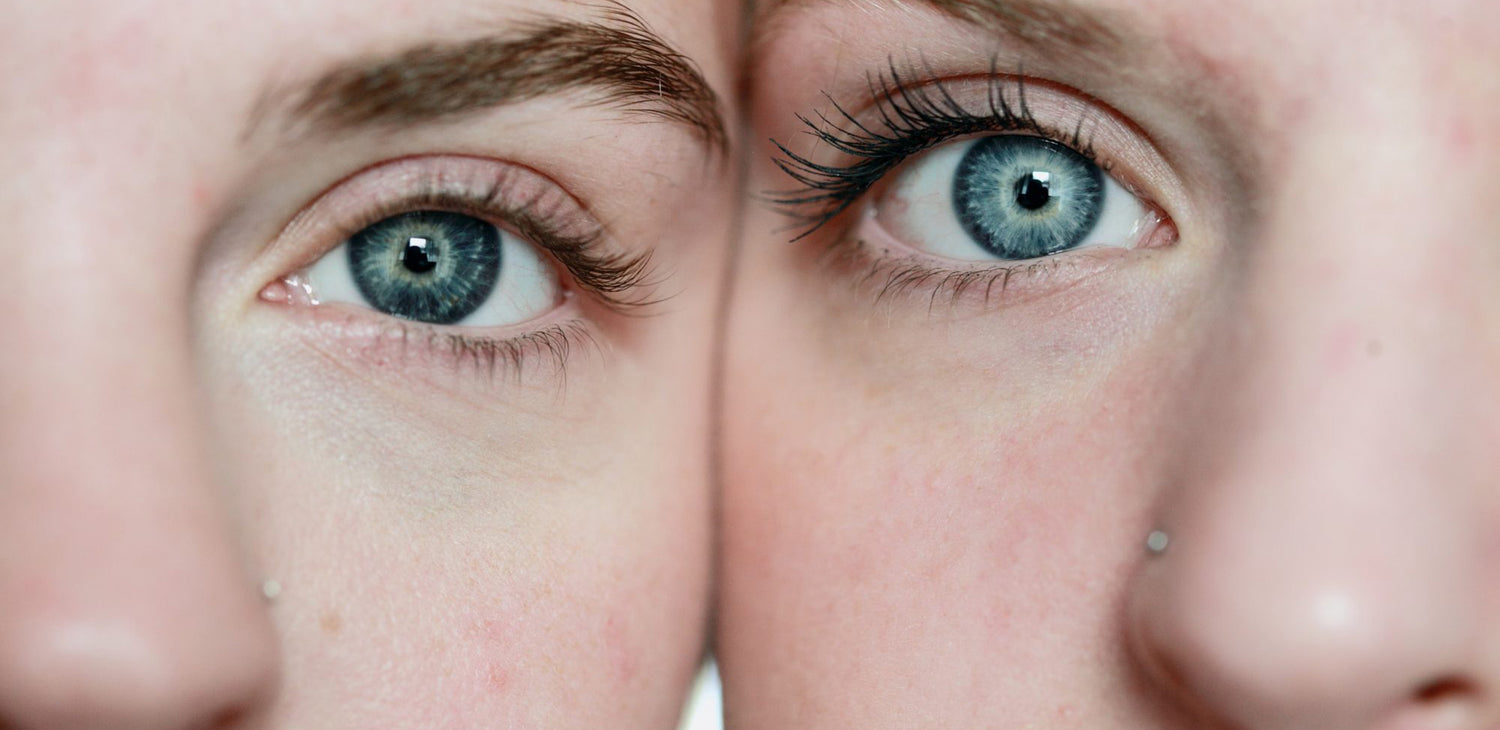Which shampoo to choose, is one enough, can hair get used to shampoo, what are sulfates, are they a good or bad ingredient... And many other questions are extremely common in beauty correspondence. We say – it's best to alternate shampoos, i.e. have one sulfate-free shampoo and one with sulfates in your weekly (or customized) rotation.

What are surfactants and what are sulfates?
Let's start from the beginning and define the term surfactants. These are substances that create foam, and are found in all products that we use to clean our hair, face, body, teeth. The two main types of surfactants are those based on sulfates and those that do not contain them. In the context of shampoos, but also otherwise, both types of surfactants have their advantages and disadvantages.
Sulfate surfactants are exceptionally good at cleaning and effectively removing sebum, impurities and residues of hair products such as oils, serums, mousses and hairsprays. Any trace of such products on the scalp can clog pores and follicles, thereby disabling hair growth, while the length of the hair can lack shine and a characteristic "heaviness". In addition to objectively washing well, they also subjectively wash well. How? They simply create a larger, more specific, denser foam compared to sulfate-free surfactants. As a result, there is a feeling of more thorough washing and cleanliness. On the other hand, the downside of sulfates can be drying, potential irritation and shortening the duration of color or highlights on the hair.
Not all sulfates are the same
You've probably heard a hundred times that sulfates are a bad ingredient that should be avoided at all costs. However, that's not true, at least not in a 100% sense. There are a number of sulfate surfactants and they're not all the same. For example, SLS ( Sodium Lauryl Sulphate ) and SLES ( Sodium Laureth Sulphate ) sound the same. What may seem like a small difference in the middle word actually means a big difference in effect, since SLES is a gentler and more skin-friendly alternative than SLS. However, even SLS itself isn't always a bad option - it will suit skin (and hair) that gets extremely oily and doesn't have a sensitive scalp. Otherwise, that much sebum can cause significant hair loss.

Sulfate-free shampoos are milder
On the other hand, there are sulfate-free surfactants that are based on other substances such as Cocamidopropyl Betaine , Sodium Cocoyl Glutamate , Sodium Cocoyl Isethionate and others. The advantages of sulfate-free shampoos like Amla Shampoo or Probiotic Shampoo are numerous. For starters, sulfate-free surfactants clean more gently and gently. They will not strip and dry out the scalp of absolutely all its natural oils, but they will not disrupt the skin's natural barrier either. In addition, due to their lighter foam, they also dry out the hair less, which is especially suitable for curly or naturally dry hair, and compared to sulfates, they will have a much smaller effect on color fading.
Why do many people feel that sulfate-free shampoo does not clean their scalp as well? Because it creates a gentler, softer lather that will not leave you feeling “squeaky” after cleansing, but rather nourished. That is why it is important to shampoo your scalp thoroughly and use the shampoo twice in a row by applying a small amount of Amla shampoo to wet palms, then rubbing it until it lathers, and then applying it to your previously well-wet scalp.
The solution is to rotate shampoos.
The downside of sulfate-free shampoos is their mildness – they won’t be able to completely remove product and sebum buildup if there’s a lot of it on your scalp and hair. To keep your scalp in proper balance and prevent your hair from drying out, it’s ideal to alternate shampoos. For example, Amla Shampoo and Probiotic Shampoo (sulfate-free) is good for frequent hair washing, especially for weakened hair, and every third or fifth wash, add a sulfate-containing shampoo like Fenugreek Shampoo or Natural Mint and Lavender Shampoo.

Perhaps more important advice – you need to wash your hair often enough . The scalp cannot get used to shampooing or washing and cannot be trained to be less oily. Avoiding or prolonging washing to once a week or less will certainly lead to dandruff, flaking, itching, discomfort and hair loss in the long term. The scalp is skin like the skin on the face and body, it sweats and secretes sebum and needs to be cleaned adequately. In addition, if the goal is to stimulate hair growth, frequent washing can help because the scalp is massaged and thus increases blood flow.



